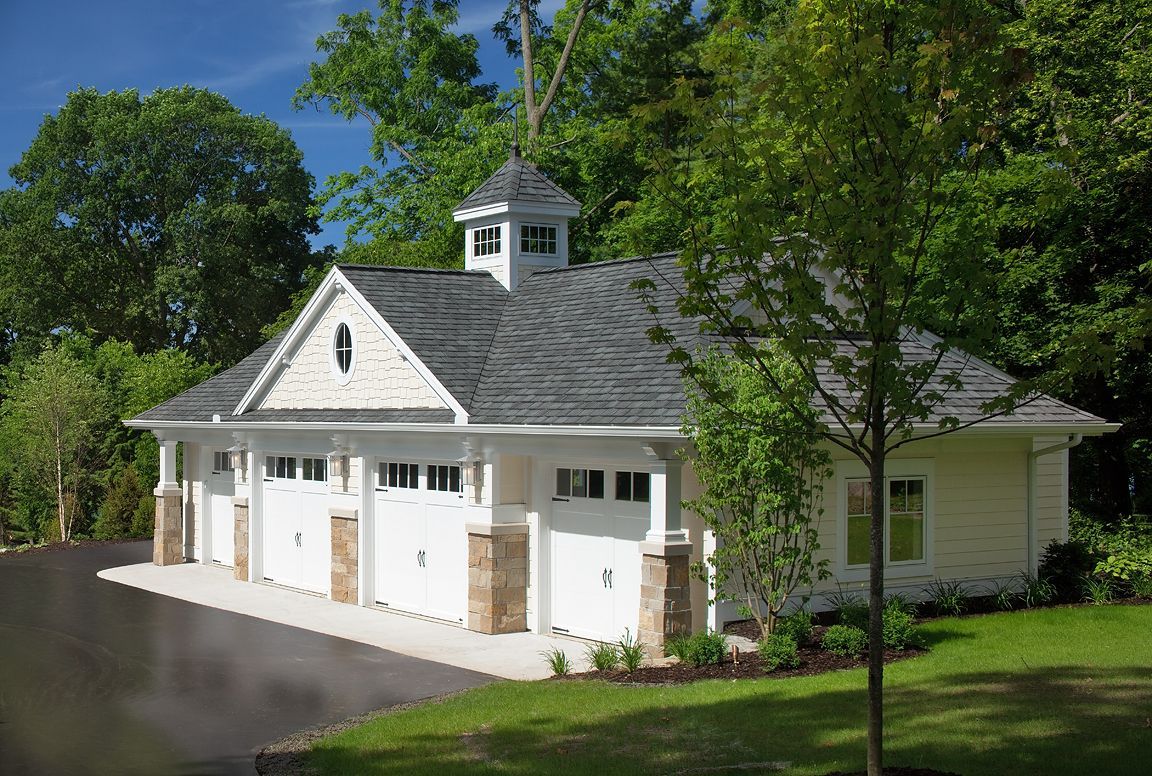Elevate Your Property Through Refined Design
Custom landscapes built for homes across West Michigan's most distinctive communities.
2914 3 Mile Rd Nw
Grand Rapids, MI
49534
- Mon - Fri
- -
- Sat - Sun
- Closed

Cultivate Distinction Through Landscape Excellence
Where curated service plans meet the needs of discerning clients
Alfresco Landscapes serves homes and commercial estates across Greater Grand Rapids and the surrounding West Michigan areas with high-end landscape design, construction, maintenance, and winter services. If you own a property along Grand Haven's shoreline, a lakefront estate in Spring Lake, or a refined home in Ada, you understand that your landscape reflects more than just curb appeal—it's an extension of your lifestyle and investment.
You deserve more than routine upkeep. When you work with experienced designers and dedicated crews, you gain access to tailored planning, refined material selection, and proactive planning curated for West Michigan’s seasonal shifts and your property-specific conditions. Your expectations for clarity and consistency throughout the process are met with a dedicated designer and expert for your property's unique needs.
Alfresco Landscapes has been trusted since 2010 to deliver elevated outdoor experiences that remain exceptional year after year. Whether you're envisioning a complete landscape transformation or seeking dependable stewardship for an established landscape, Alfresco's approach centers on long-term client relationships and meticulous attention to detail.
Reach out to Alfresco Landscapes in Greater Grand Rapids for a custom proposal tailored to your property.
Curated Outdoor Spaces Built to Last
Long-term relationships rooted in craftsmanship and proactive care for exceptional properties.
Orchestrating Every Detail with Precision
From initial consultation through final installation and ongoing care, you're never left guessing what comes next. Every phase of service is documented, coordinated, and communicated so you understand scope, timeline, and expectations before work begins. Experienced designers collaborate with construction and maintenance crews to ensure that plans translate seamlessly into reality, with adjustments made proactively as conditions evolve.
This level of coordination becomes especially valuable when managing complex projects or properties with layered needs—irrigation systems, plantings, hardscape elements, and seasonal care schedules all move forward in harmony. You receive transparency at every step, backed by teams who know how to navigate West Michigan's climate and the specific demands of lakefront and high-value properties.
Here's what that approach delivers for your estate:
shaped by your vision and informed by deep familiarity with local environmental factors
Premium Hardscape Construction
that integrates stone, paving, and structural elements with refined craftsmanship
Proactive Maintenance Strategies
that adapt to seasonal changes and preserve the integrity of your outdoor spaces
Dedicated Winter Operations Teams
experienced in protecting properties throughout Greater Grand Rapids and surrounding West Michigan areas
Contact Alfresco Landscapes in Greater Grand Rapids to discuss a custom quote for your landscape project.

Stewardship Rooted in Integrity
Alfresco Landscapes has built a reputation across Cascade, Ada, Spring Lake, and the wider West Michigan region by honoring commitments and delivering results that stand the test of time. Every project is approached with the understanding that your property is a significant investment—one that deserves meticulous care and accountability from start to finish.
Dependable service means more than showing up on schedule. It's about consistency in execution, a craftsman's eye for detail, and the confidence that comes from working with teams who've mastered the nuances of landscape care. Whether it's a newly designed outdoor living space or ongoing stewardship of an established landscape, you can trust that every decision is made with your property's long-term beauty and functionality in mind.
Call Alfresco Landscapes for a custom quote and experience the difference that comes from true partnership.
I am so pleased with our front landscaping designed by Alfresco Landscapes. We left the design and plant choices up to them. They did not disappoint! The variety of plants is amazing and we will have color blooming throughout the summer months. I highly recommend their professional services and kind staff. We had two unhealthy plants that I asked to be replanted in a different location, "no problem."
Mindy G.
Jon P.
The Alfresco landscaping team were the best. Paul came up with an excellent design.
Read More
They were all professional and executed on time. They even fixed up some minor issues for us. I highly recommend them in the greater Grand Rapids area and western Michigan.
Diane N.
We are very pleased with the work that Alfresco completed in our yard.
Read More
The design, lighting, and selection of plantings and trees aligned with our landscape goals and the character of our mid-century modern home. The design phase was smooth and provided us opportunities to make revisions. Once on site, the crew worked hard to complete the work in a timely fashion. The quality of the work and attention to detail was excellent. We highly recommend the Alfresco team!
Areas We Serve
- Greater Grand Rapids
- Ada
- Grand Haven
- Spring Lake
- East Grand Rapids
- Rockford
- Cascade
- Forest Hills
- Sparta
- Walker
- Holland
- Muskegon
- Saugatuck




